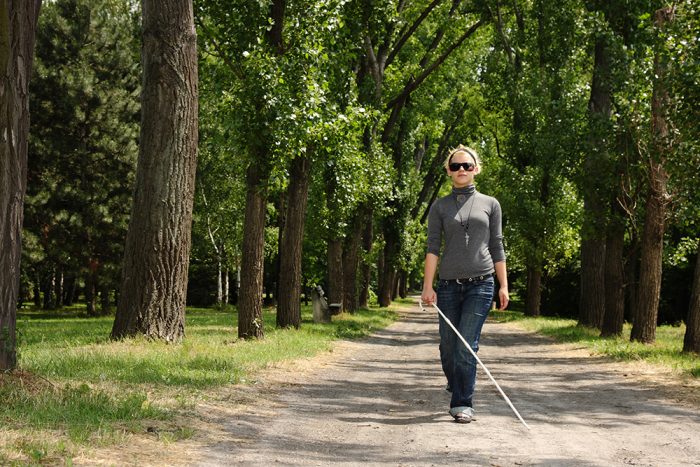Telemedicine
OMAP Announces Bulletin 08-24-04: Revisions to FQHC/RHC Handbook

The Medical Assistance Bulletin 08-24-04, issued by the Department of Human Services (DHS) Office of Medical Assistance Programs (OMAP), provides updates to the PROMISe (Provider Reimbursement and Operations Management Information System) Provider Handbook 837, Professional/CMS-1500 Claim Form, specifically focusing on Appendix E – FQHC/RHC (Federally Qualified Health Center/Rural Health Center) Handbook. Released on March 1, 2024, the bulletin outlines revisions to Federal and State requirements for FQHCs and RHCs in Pennsylvania participating in the Medical Assistance (MA) Program.
Notable changes include the addition of pharmacists and licensed dietician-nutritionists as eligible practitioners for billable encounters starting March 1, 2024. The revision addresses group therapy encounters and introduces guidelines for telehealth, telemedicine, and teledentistry in FQHC and RHC services. A new section on alternative payment methodologies is included, along with updates to the MA Cost Reporting and Wraparound Reporting sections. The Centers for Medicare & Medicaid Services’ clarification designates “hospital” as an allowable place of service for FQHC and RHC services. Providers are encouraged to review the revised handbook for detailed information on these changes.
If you have any questions, please contact RCPA Policy Director Jim Sharp.
RCPA Member Gaudenzia Tells DEA How Telemedicine Combats Opioid Crisis

DEA to Conduct Public Listening Sessions on Tele-Prescribing of Controlled Substances
The Drug Enforcement Administration (DEA) will conduct in-person public listening sessions to receive additional input concerning the practice of telemedicine with regards to controlled substances and potential safeguards that could effectively prevent and detect diversion of controlled substances prescribed via telemedicine. Specifically, the DEA is inviting anyone interested to comment at the listening sessions about allowing telemedicine prescribing of certain controlled substances without an in-person medical evaluation.
The listening sessions will be held from 9:00 am – 5:30 pm on Tuesday, September 12, and Wednesday, September 13, at DEA Headquarters, 700 Army Navy Drive, Arlington, VA 22202.
Those wishing to attend the listening sessions in person or give an oral presentation at the listening sessions must complete and submit the appropriate attendance form available at DEA’s Diversion Control Division website no later than August 21.
The listening sessions will also be livestreamed online.
Read the Department of Justice/DEA’s full letter for more details.
Mainstay’s Telemedicine Partnership With StationMD Prevents ER Visits, Saving $100K: RCPA Member Mainstay Life Services Featured

RCPA Submits Comments to DEA on Tele-Prescribing
OCDEL Announces 3% Rate Increase Updates For 2022/23 Fee Schedule
The Office of Child Development and Early Learning (OCDEL) has announced a 3% increase to all Early Intervention service rates from the previously published 2022/23 fee schedule.
Through the 2022/23 budget, a permanent rate increase of 3 percent for Early Intervention Services was enacted. This rate is in addition to the 3% increase funded through ARPA-IDEA previously published rates for 2021/22 and 2022/23. The Fee Schedule includes the 3% rate increase.
The funding must be used to enhance, expand, or strengthen IDEA and HCBS services. In 2021/22, OCDEL used the combined federal funds (ARPA-IDEA Part C & HCBS FMAP increase) to support the rate increase announced for fiscal year 2021/22 across all rates for Infant/Toddler Early Intervention services.
The Fee Schedule also includes the new Place of Service code for Tele-Intervention for Early Intervention. When providing services to a child and family by Tele-Intervention, the provider must identify the Place of Service for Tele-Intervention on the billing claim in PROMISe. The Place of Service for Tele-Intervention for Early Intervention is 02. The Centers for Medicare & Medicaid Services (CMS), for the purposes of Medicaid, defines telemedicine as the use of two-way, real time interactive telecommunications technology that includes, at a minimum, audio and video equipment as a mode of delivering healthcare services.
NEXT STEPS:
- Infant/Toddler programs should share this announcement with all of their Early Intervention providers.
- Infant/Toddler programs and providers should review the MA Bulletin 99-22-02 for further information.
- Infant/Toddler Early Intervention programs and providers can use the updated 2022/23 fee schedule rates for services delivered on and after July 1, 2022.
- Early Intervention claims filed prior to this announcement with eligible dates of services may be resubmitted as a claims adjustment at the time and expense of the Early Intervention provider. Timely filing requirements must be abided by at all times with no exceptions or exemptions.
- Infant/Toddler Early Intervention Providers shall update any guidance and billing protocols around place of service Tele-Intervention 02. Providers will need to begin to bill using the 02 Tele-Intervention Place of Service code as of July 1, 2022.
- Infant/Toddler Early Intervention Programs will need to have a process in place to review the Place of Service 02 when analyzing provider billing.
If you have any questions, contact OCDEL or RCPA Children’s Policy Director Jim Sharp.
Pa.’s Telemedicine Waivers Create Confusion
Pandemic Medical Innovations Leave Behind People With Disabilities
Rise in Telemedicine During the Pandemic Eliminated a Historic Racial Health Gap, Study Says













